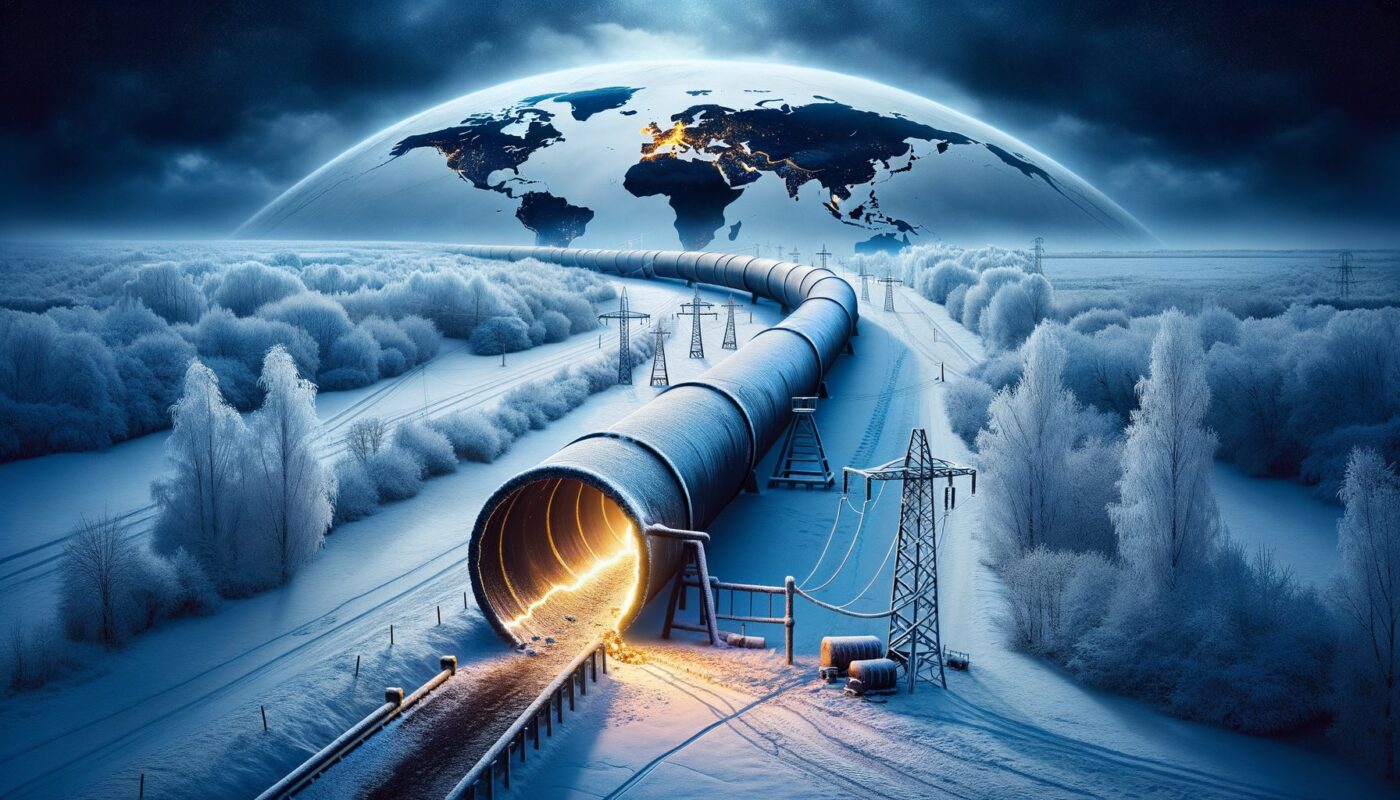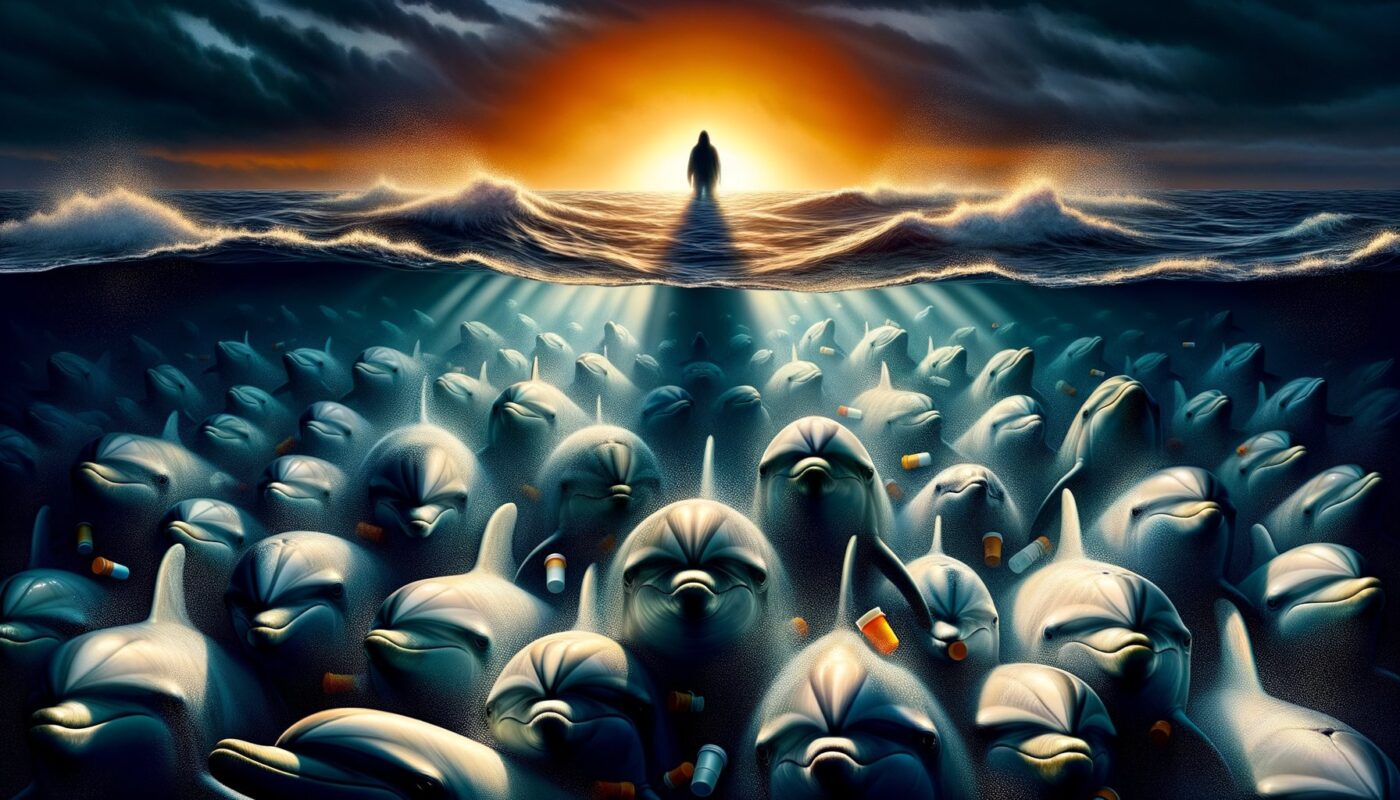The new year has brought a sudden and significant change in the energy landscape: Russian natural gas exports to Europe through Ukraine have stopped. This decision marks a pivotal moment in the ongoing geopolitical tensions and could have far-reaching implications across the global energy markets.
The Decision Behind the Disruption
As of January 1st, 2025, Russia’s natural gas flows to Europe via Ukraine have ceased. This move comes after Ukraine refused to extend a pipeline deal with Russia. The agreement, which was pivotal for European energy supplies, was not renewed due to prolonged conflicts between the two nations. The cessation of this flow affects not only Ukraine and Russia but also the countries in Europe that have relied heavily on Russian gas for their energy needs. This development is an extension of broader tensions between Russia and European nations, further discussed in our previous article.
Impact on European Energy Security
Europe’s energy landscape is now facing a potential crisis. Countries heavily dependent on Russian gas are scrambling to find alternative energy sources. The halt in gas supply could lead to increased energy prices and a potential shortage during the cold winter months. European nations might need to accelerate their transition towards renewable energy sources or seek alternative suppliers, such as the US or the Middle East, to fill the gap left by Russian gas.
Global Market Reactions
The global energy markets are reacting swiftly to this development. With Europe seeking new suppliers, there is an increasing demand for liquefied natural gas (LNG) shipments from other regions. This shift is creating a ripple effect, impacting energy prices worldwide. Furthermore, countries with vast natural gas reserves might find this an opportune moment to expand their market share in Europe. For instance, as China advances its technology front, it could leverage its dominance in the energy sector, as highlighted in this article.
Alternative Routes and Solutions
In response to the halted gas flows, countries are exploring alternative energy routes and sources. Some potential measures include:
- Increasing imports from Norway and North Africa.
- Investing in renewable energy projects across Europe.
- Implementing energy-saving measures to reduce consumption.
Moreover, recent updates from the United States National Weather Service have underscored the need for a stable energy supply, especially with predicted colder weather patterns (source).
Looking Ahead
While the immediate effects of the halted gas flow are becoming evident, the long-term implications are still unfolding. Governments and businesses must navigate this new energy landscape with strategic planning and international cooperation. For more detailed insights, you can read the full analysis on the source WBUR.
The halt in Russian gas exports through Ukraine is not just a regional concern but a global one. As the world braces for the full impact of this decision, it brings to light the critical importance of diverse energy sources and diplomatic flexibility in today’s interconnected world.
Warning : This information is indicative and without guarantee of accuracy. Consult a professional before making any decision.





